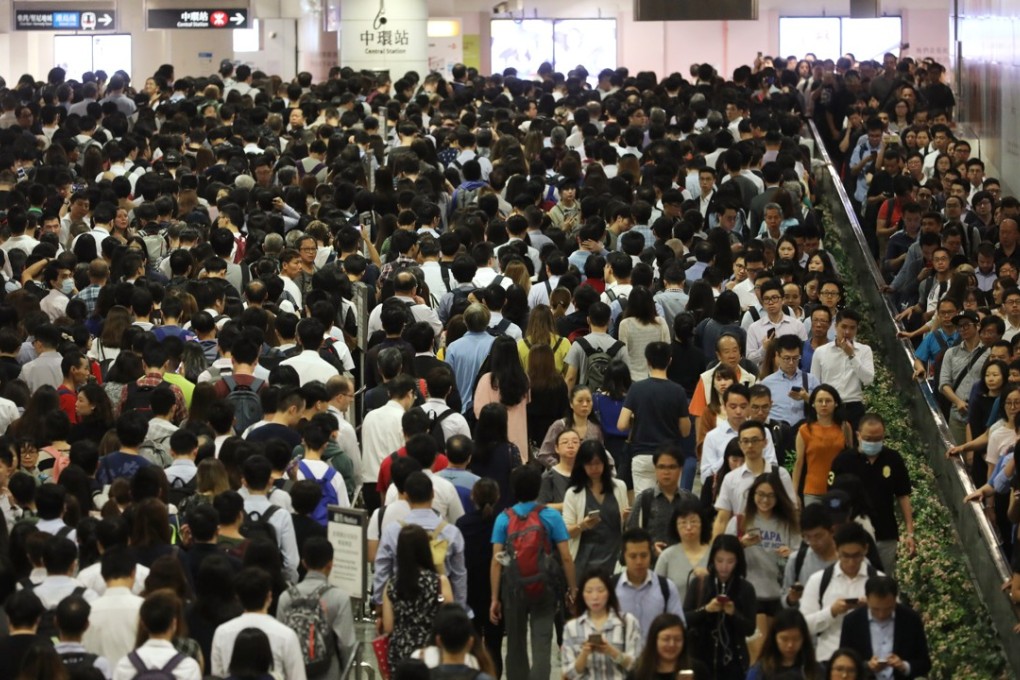Rogue computers acted alone to cause Hong Kong rail failure and MTR Corp’s top engineer doesn’t know why
Rail operator at loss to explain uncontrolled transfer of large amounts of information that brought chaos to city on Tuesday morning

The worst breakdown to ever hit Hong Kong’s railway was caused by rogue computers operating without orders, the MTR Corporation’s chief engineer said on Wednesday.
Initial investigations have found an uncontrolled transfer of large amounts of information between computers was responsible for the six-hour long disruption, which caused chaos for the city’s commuters on Tuesday morning.
But Tony Lee Kar-yun, the rail operator’s top engineer, said he still did not know why the system failure had happened.
“It was done by the computers,” he said. “No one gave [the machines] an order.”

On Tuesday, the signalling system on four major lines – Island, Tsuen Wan, Kwun Tong and Tseung Kwan O – stopped working shortly before rush hour.
Lee said a preliminary investigation by MTR technicians, and the supplier of the signalling system, showed the abnormal data transfer started on the Tsuen Wan line, where the test of a new signalling system had been carried out the night before.